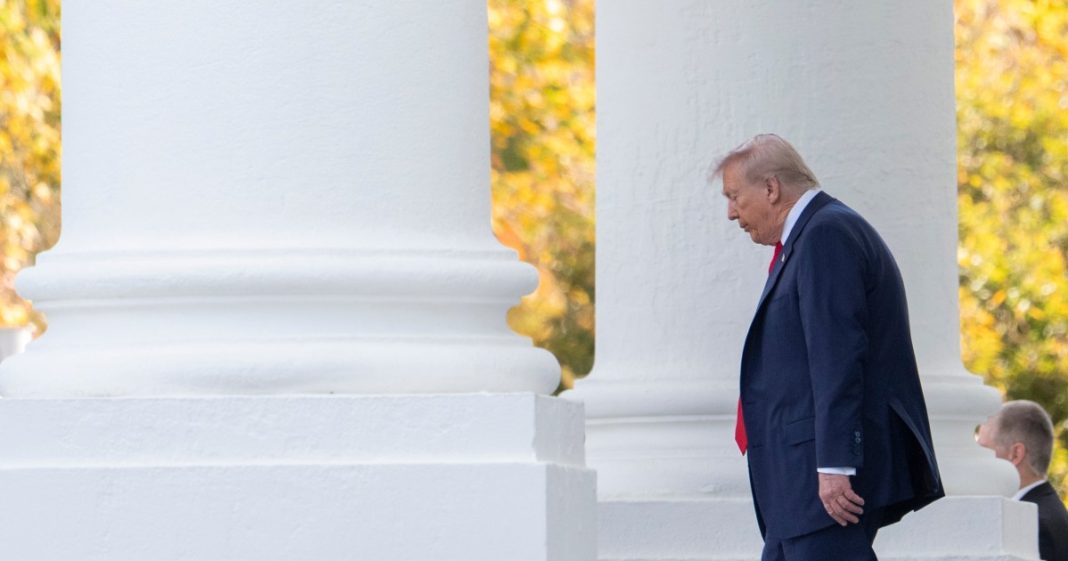The murmurs from Washington have turned into a clear directive: President Trump has reportedly instructed the Pentagon to prepare for potential action in Nigeria. This isn’t just a casual conversation; it signifies a serious consideration for increased U.S. engagement in a nation grappling with persistent security challenges. For many, this raises immediate questions about the scope, necessity, and potential impact of such a move on West Africa’s most populous country.
Why Nigeria is on the Pentagon’s Radar
Nigeria, a nation rich in resources and cultural diversity, also faces significant internal struggles. The most prominent is the ongoing battle against extremist groups like Boko Haram and its offshoot, the Islamic State West Africa Province (ISWAP). These groups have wreaked havoc, displaced millions, and destabilized vast swathes of the country’s north-east. While the Nigerian military has been actively engaged, the threat remains formidable.
The U.S. has long maintained an interest in regional stability across Africa, often providing military aid, training, and intelligence support to allies. Nigeria, being a key player in the Economic Community of West African States (ECOWAS) and a significant oil producer, represents a critical strategic partner. A destabilized Nigeria doesn’t just impact its own citizens; it creates ripple effects across the entire continent and potentially beyond, fostering environments where extremism can fester and regional security is compromised.
Understanding “Possible Action”: Beyond Boots on the Ground
When the Pentagon is told to “get ready,” it doesn’t automatically mean a full-scale military invasion or widespread deployment of ground troops. The spectrum of “action” is incredibly broad. It could entail a significant ramp-up in intelligence sharing, providing advanced surveillance technology, increasing military training for Nigerian forces, or supplying more sophisticated weaponry to aid their counter-insurgency efforts.
There’s also the possibility of specialized units being deployed for advisory roles, logistical support, or targeted counter-terrorism operations, similar to engagements seen in other parts of Africa. The goal would likely be to bolster Nigeria’s capacity to handle its own security threats effectively, rather than taking over the fight entirely. However, any increased presence brings with it a delicate balancing act, navigating national sovereignty and local sensitivities.
Navigating the Complexities and the Path Ahead
Any enhanced U.S. military involvement in Nigeria would come with its own set of complexities. Historically, foreign military interventions in complex internal conflicts have yielded mixed results, often raising questions about long-term sustainability and the perception of external influence. Coordination with the Nigerian government would be paramount, ensuring that any U.S. efforts align with local objectives and do not inadvertently exacerbate existing tensions.
Furthermore, security challenges in Nigeria are often intertwined with socio-economic issues, governance gaps, and ethnic strife. A purely military approach might address immediate threats but could fail to tackle the root causes of instability. As one geopolitical analyst, Dr. Anya Ndiaye, reportedly stated, “Any meaningful intervention must be a delicate dance, balancing security objectives with genuine human development and local empowerment. Military readiness is just one piece of a much larger puzzle.”
The directive from President Trump signals a heightened focus on Nigeria’s security landscape. As the Pentagon assesses its options, the world will be watching to see how this potential shift in U.S. policy unfolds and what it means for the future of Nigeria and regional stability in West Africa.




